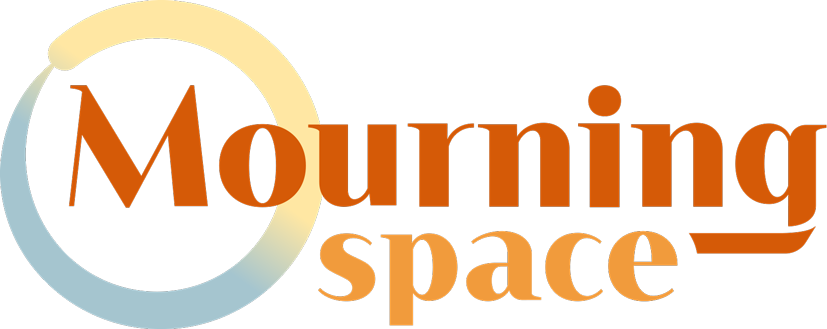What is a Death Doula?
Death doulas have been around forever, but now anyone can find formal training and learn the best way to care for the dying and their community.
You know the type, the friend who always knows what to say, or who says nothing at all but is there with the most sincere and satisfying hugs. The person that quietly brings food and leaves it on your doorstep or who listens with empathy - and not a lot of opinions. They draw the shades, light the candles, hold your hand in prayer or clean the bathroom so you don’t have one more thing on your plate.
These are people who see death and dying for what it is, a season that can hold the most beautiful wonders alongside the most bitter cold. They are not afraid of death, but instead see it as a moment where they have been called to serve, to broker an understanding between Death and the living, and to care lovingly for a dying or deceased person and those that love them.
These people have existed since the beginning of time and will continue to show up, even if the hiring of a death doula never fully takes off. I hope it does, and I happen to think the death care industry will shift in the next decade or two, and death doulas will become a standard offering at the end-of-life.
So what does this mean for Death Doulas in 2023?
Who are the people that call themselves a death or end-of-life doula, or even a death midwife? I have noted that not everyone knows what a birth doula is, and that profession has been around much longer, so don’t feel bad if you have never heard of one. Simply put, a death doula or end-of-life doula is someone who has been trained to assist a dying person and their community at the end of their life and/or after a death has occurred.
In this moment, death doulas are not heavily regulated so one need not attend any formal training at all to call themselves one. (I am of the opinion that you should look at the person and their work and not necessarily their scholarly credentials, although I happen to be a collector of licenses and certifications). They may also specialize in one thing over another, such as education over physical care of a dying person (me in this moment) or ritual work, practical matters, writing legacy pieces, respite care etc.
The difference between a death doula and end-of-life doula is a matter of linguistic preference, but death midwife is a hazier term. Some death doulas may call themselves midwives, and some death midwives want to differentiate themselves, as they offer more decedent care and funeral service help than a “doula” might. Suffice to say, anyone who calls themself any one of these terms is there to support dying people and their loved ones, and families should hire the one that feels like the best fit.
What specific services might a death doula offer?
Creation of an end-of-life plan
Information collecting and disseminating
Sharing information about what to expect at the end of someone’s life
References for additional spiritual or physical support - sound healing, aromatherapy, acupuncture etc.
Respite care, allowing caregivers to take time away
Physical touch - light massage or hand-holding
Light house-keeping
Legacy work such as facilitating written or recorded stories or obituary creation
Respect for, and assistance carrying out, the dying person’s wishes including faith based decisions
Holding space for each person and their emotions without judgement
Grief education
Focused listening
Ritual work/ceremony assistance before or after the death has occurred
Where does one get trained to be a death doula?
Alua Arthur is my hero, and many flock to her course at Going With Grace. However, after reading an article in the New York times, I enrolled at the UVM Larner College of Medicine as their course better fit my schedule. There are others, and people seeking this education should do their research to determine which course is right for them.
And who chooses to attend? Some want to start or further their career in death care and this path offers a lot more freedom to “come as you are” then a traditional funeral home, and is perfect for those who want live a life of service. Most of my cohort at UVM were there to know more about death and dying, not to make a living as professional death doulas. They had experienced something that brought them to the precipice between life and death, looked bravely into the distance and knew they wanted to be better prepared when they faced it again. And they will.
It is my hope, now that death doulas are a thing, more people will start to take an active interest in death and dying. Not to call it forward, but to recognize it’s the finish line we will all cross someday and to stride confidently toward it with purpose, education and acceptance.

